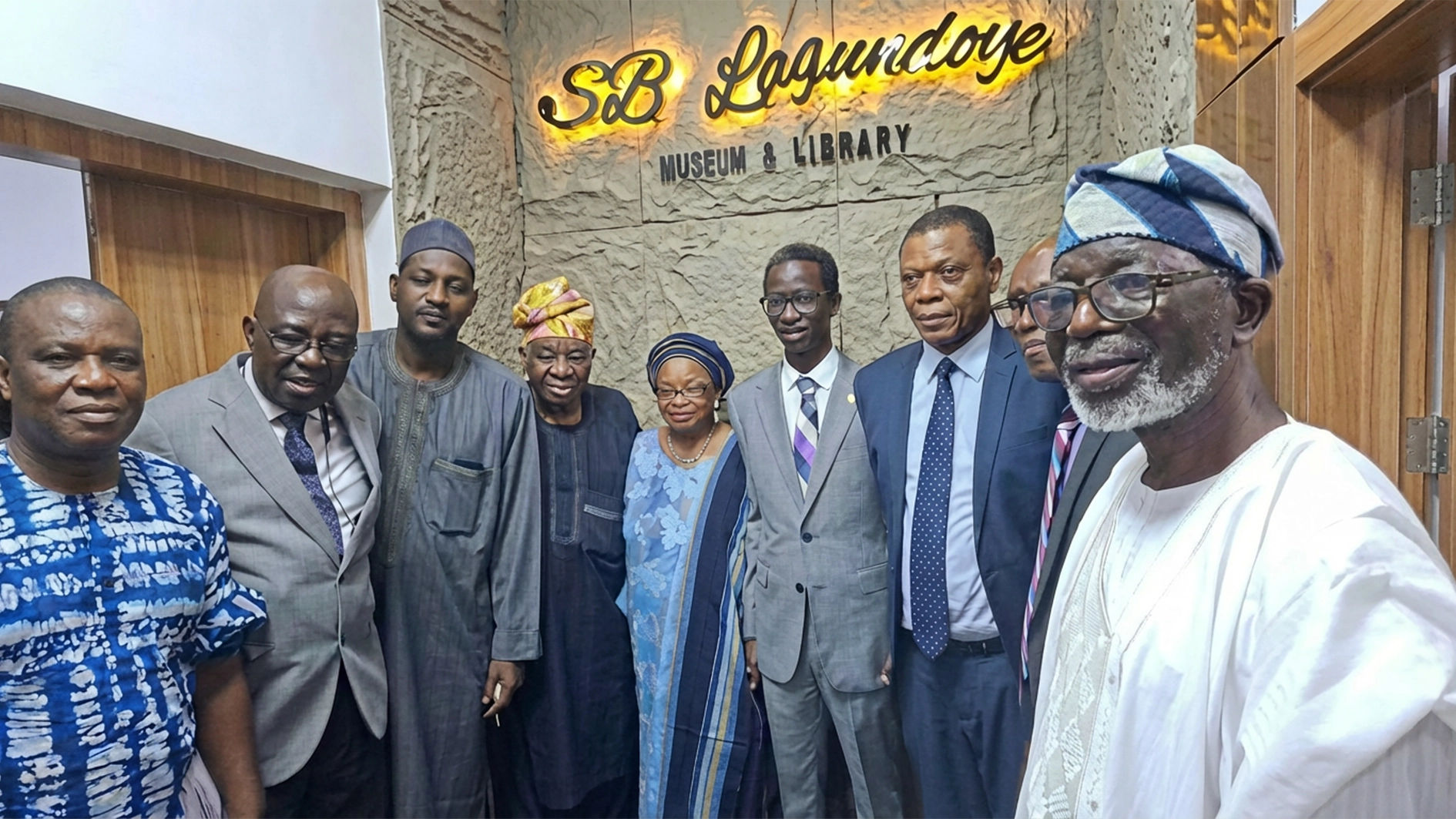
The Acting Executive Secretary of the National Universities Commission (NUC), Chris Maiyaki, has urged university administrative staff to acquire skills for the virtual learning environment to remain relevant in the bid for full digital transformation in the country.
Maiyaki, who stated this while delivering a lecture at the maiden Miva Open University Public Lecture, in Abuja, emphasised the need to acquire skill in computer software for the virtual learning environment as Information and Communication Technology (ICT) literacy was no longer sufficient.
He spoke on the theme: “The changing role of university administrators in an Open Distance Learning (ODL) setting.”
The NUC boss urged the workers to be prepared for full digital transformation as this was a necessity.
“I must also say to my colleagues at the NUC and administrative staff at Miva that computer literacy is no longer sufficient. They must be prepared for full digital transformation. They will require continuous training and re-training, as well as modern techniques and skills, including exposure to best practices in order to cope with the ever-expanding nature of ODL”, he said.
Maiyaki further advised them to be proficient in the relevant computer software pertaining to the virtual learning environment, and also do away with counter-productive administrative bottlenecks.
“We must align ourselves with the style of leadership which fosters efficient and effective ODL delivery.”
The NUC chief enjoined the workers to embark on awareness campaigns to address the misconception that the quality of degree obtained from conventional and the ODL are the same.
The Vice-Chancellor, Prof. Tayo Arologun, who described the topic as apt, noted that the landscape of higher education was rapidly evolving and ODL is at the forefront of this transformation.
He said: “By breaking down barriers to education, ODL empowers the diverse population, including those in remote and underserved areas to key in the skills and knowledge necessary for economic participation. This, in turn, leads to increased workforce competence, entrepreneurial growth, economic inclusion, cost effective education and bridging skill gaps.”






